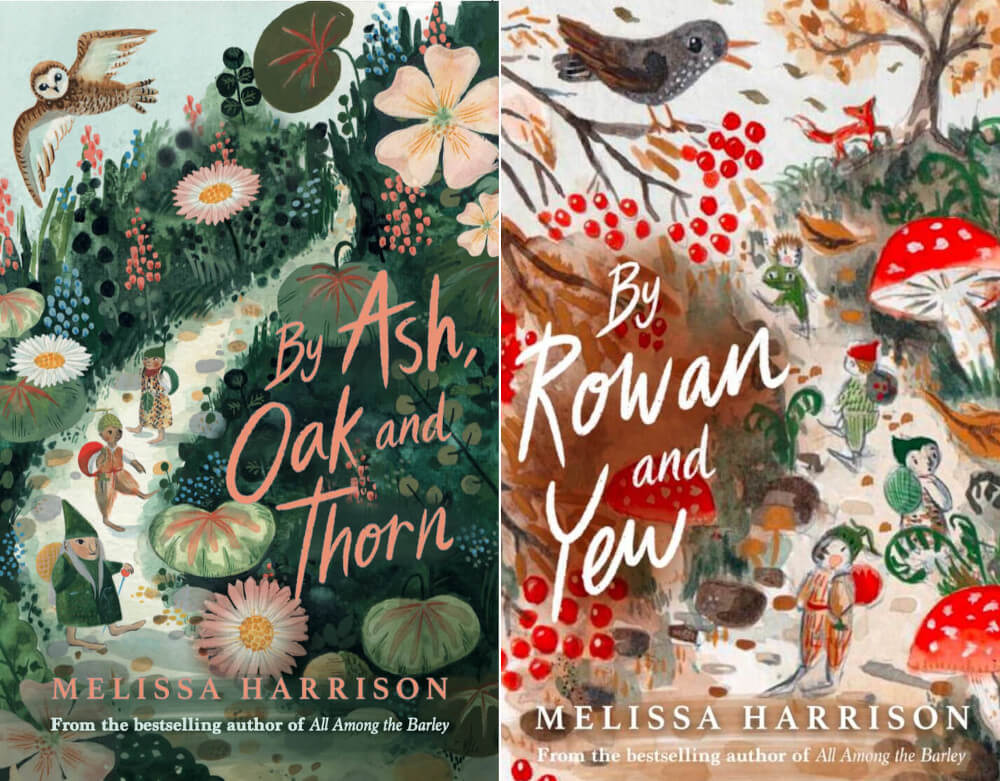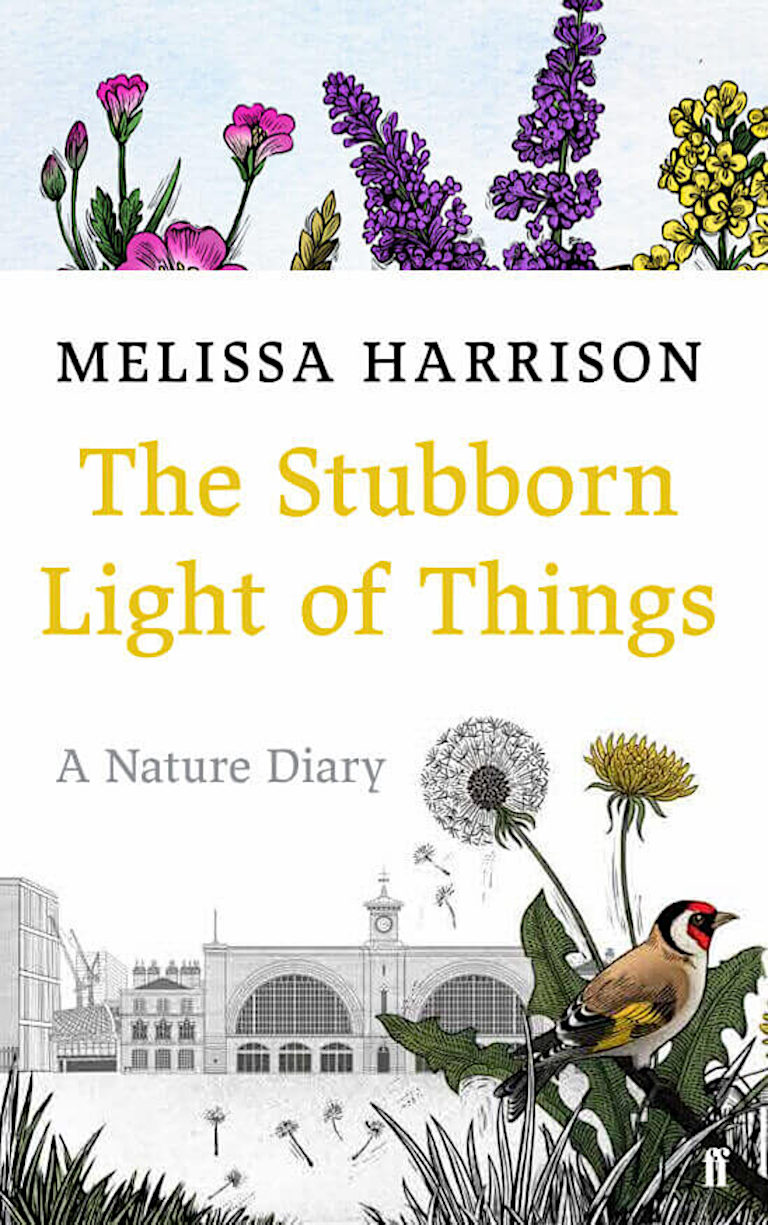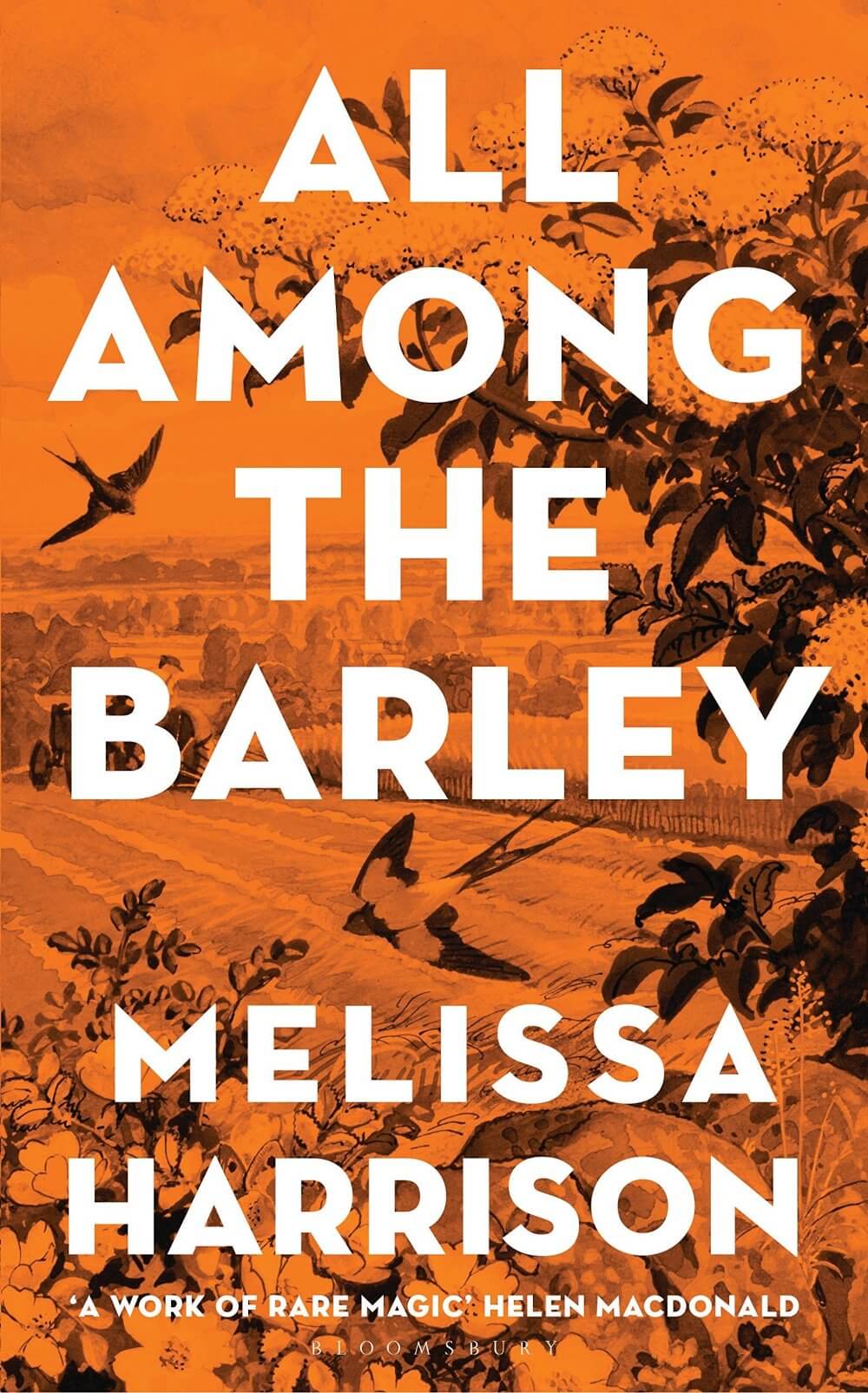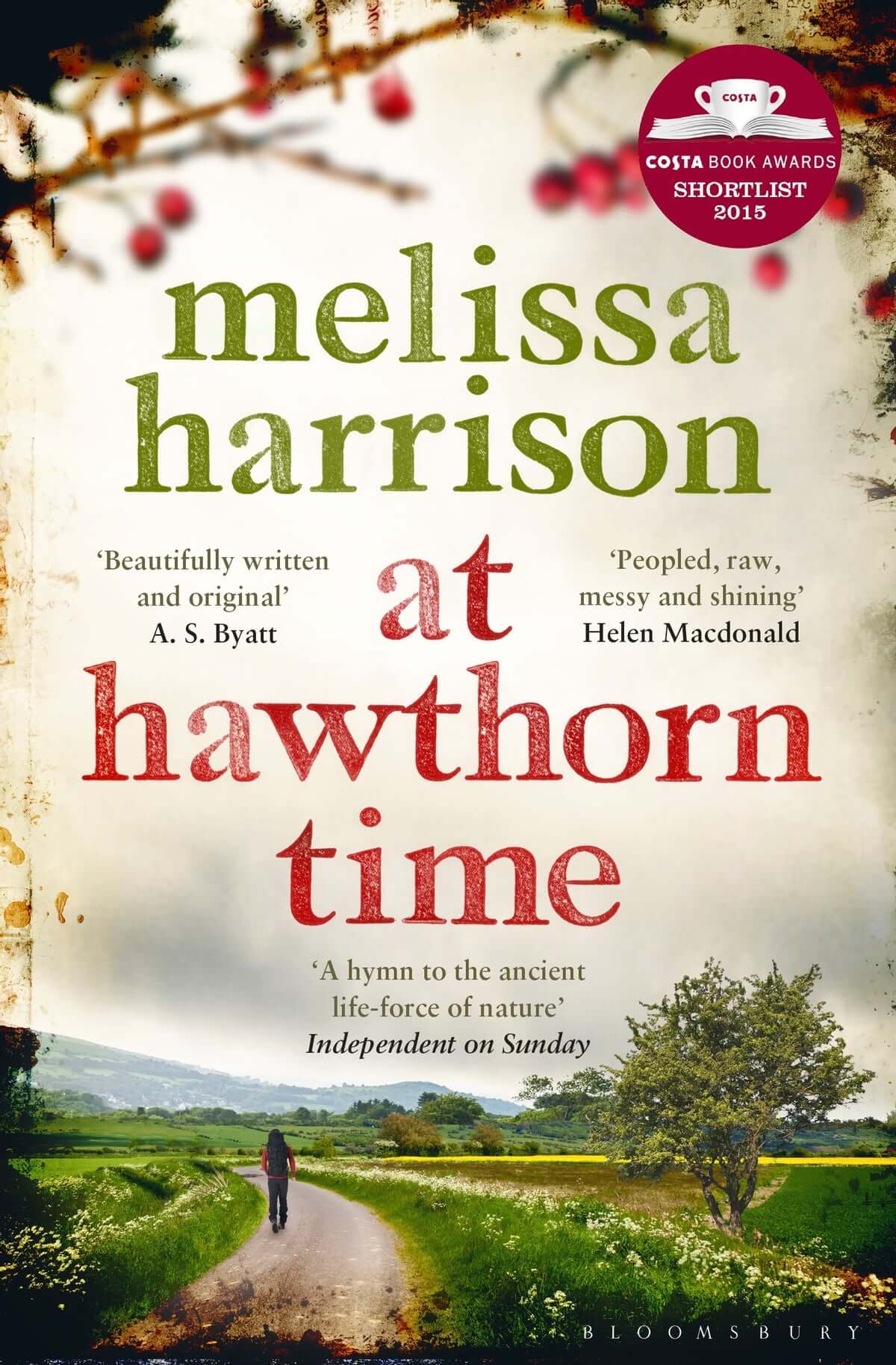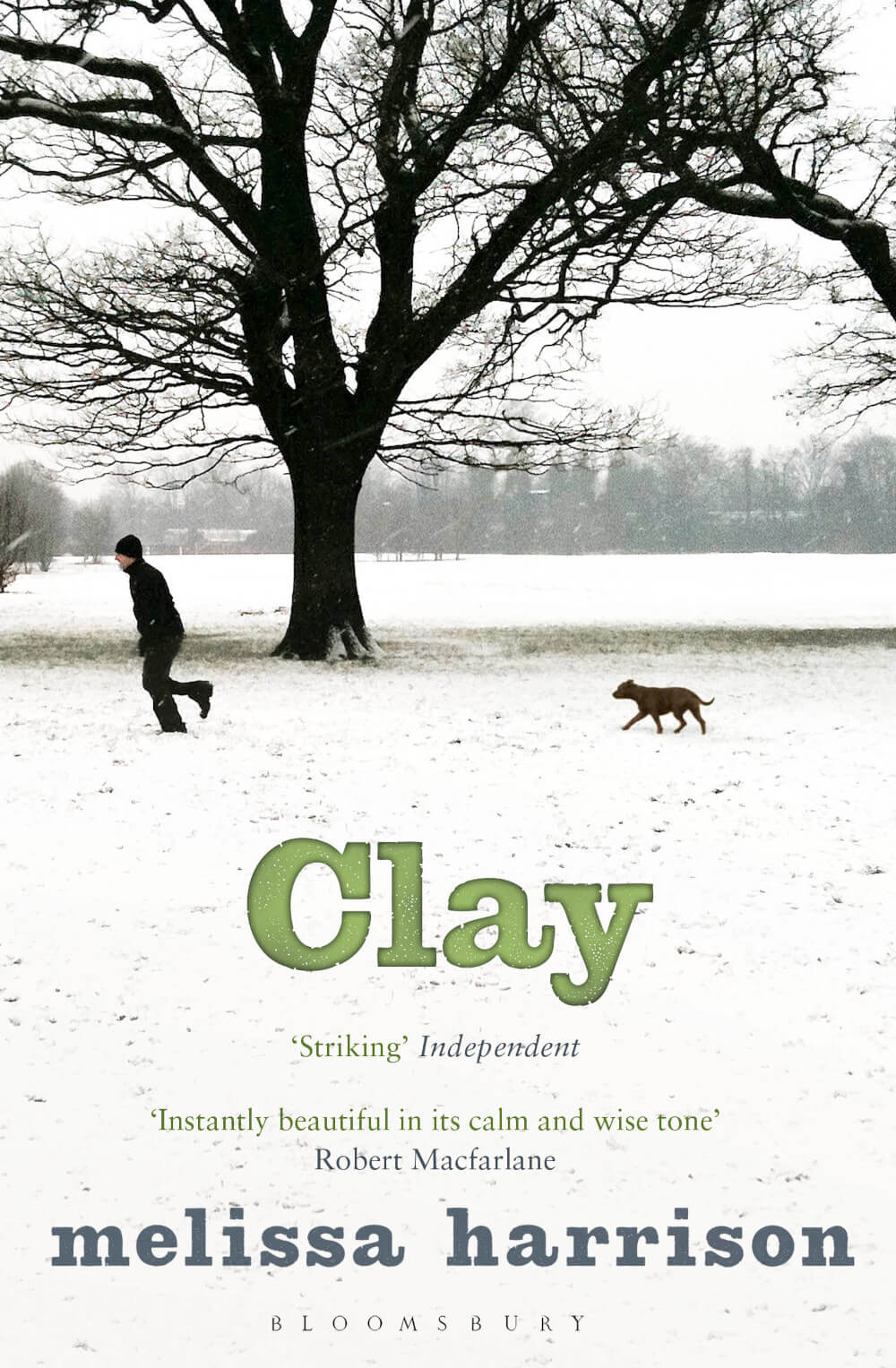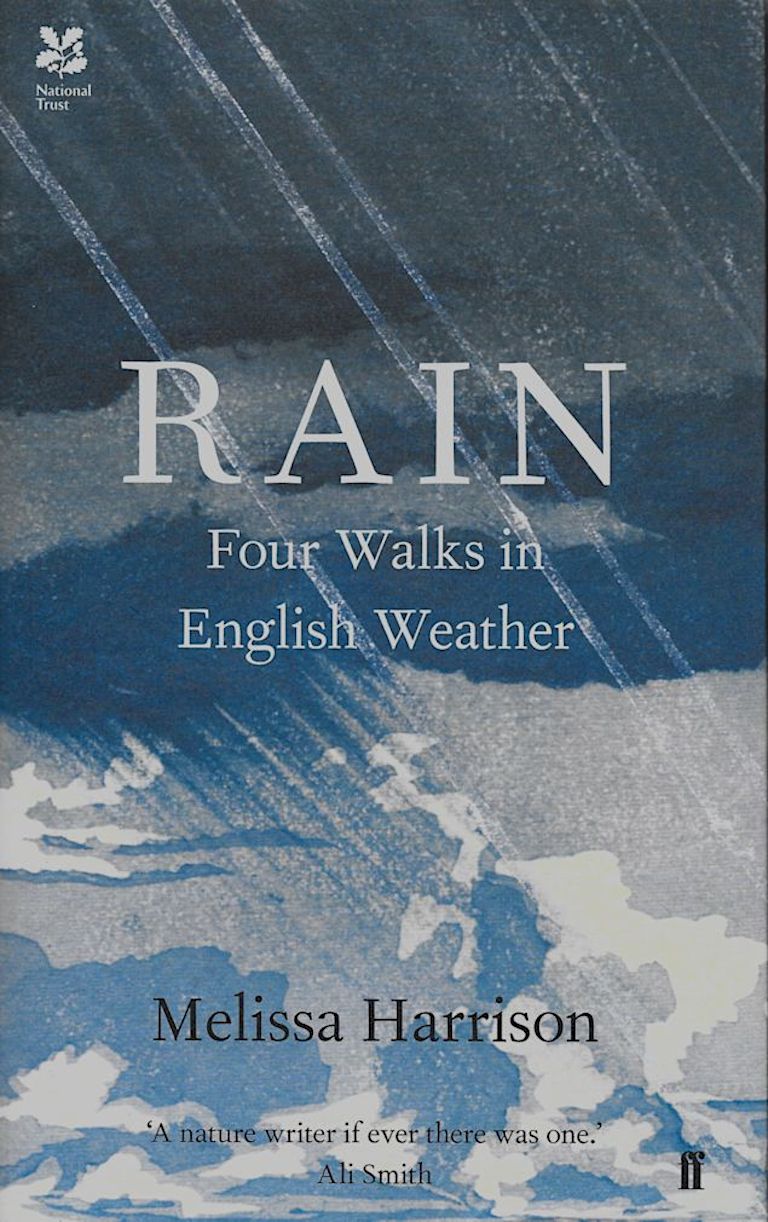Press
By Ash, Oak and Thorn/By Rowan and Yew
‘A glorious child’s-eye view of nature… a sheer delight’ – Piers Torday, winner of The Guardian Children’s Fiction Prize
‘Timely and magical’ – Natasha Farrant, winner of the Costa Children’s Book Award
‘A tender and charming adventure shot through with the magic of nature… held me spellbound to the very last page’ – Christopher Edge, Carnegie-nominated winner of the STEAM Children’s Book Prize and the Brilliant Book Award
The Stubborn Light of Things
‘[Harrison] reflects on the changing habitat around her with passionate understanding and gentle encouragement that we follow suit’ — The Guardian
‘Inspirational’ — BBC Wildlife
‘Among our most celebrated nature writers in fiction and nonfiction… She is scandalised by the way that local authorities and developers tend to regard nature as a treat that ordinary people don’t really deserve… [yet] an appealing feature of Harrison’s book is how hopeful she remains’ — The Sunday Times
‘[A] beguiling nature diary … far from a clichéd book about escaping mean city streets for a rural idyll … Harrison maps her joyful engagement with the natural world in both places, showing that we must learn to see, and act to preserve, the beauty we have on our doorsteps, wherever we live’ — The Bookseller
‘[She] has an easy, conversational style… a deeply friendly presence in the book. Melissa Harrison is a gift of a guide, and a gift of a writer’ — Caught By The River
‘Both sumptuous and human… Reading The Stubborn Light of Things is like stumbling headlong into a bath of joy’ — Bookmunch
‘Harrison makes an ideal literary guide: unshowy, sensitive and knowledgeable’ — Best nature books of the year, The Times
All Among the Barley
‘Melissa Harrison’s All Among the Barley is an incredible evocation of one particular corner of rural England in the 1930s. Powerful and subtle and richly detailed, this is a book that inhabits its territory, knows its people, and follows its own haunting logic. Some of the great themes of English life are tackled here — class division, the patriarchy, folklore and psychosis, creeping fascism — but rather than being simply ticked off they are instead woven into the narrative with great subtlety and beauty. I’ve been following Melissa Harrison’s work with interest for some time now, and with this novel she’s done what I’ve long suspected she would: she’s written a masterpiece’ — Jon McGregor, author of Reservoir 13
“A beautiful evocation of the rhythms and pressures of rural life in the interwar years, as well as a powerful and lyrical coming-of-age story from a writer who is fast establishing herself as one of the best contemporary exponents of the pastoral novel” — The Guardian
‘A work of rare magic’ — Helen Macdonald, author of H Is For Hawk
“Harrison is adept at making several realities exist uncannily alongside one another. She conjures up nature, with its timeless rhythms and beauty, and invades it with the political… accomplished” — The Spectator
“An in-the-bone connection with the natural world that contrives to be both sparklingly precise and wildly exhilarating… as an evocation of place and a lost way of life, Harrison’s novel is astonishing, as potent and irresistible as a magic spell… a kind of time travel” — Clare Clark in The Guardian
‘What a brilliant and timely novel All Among The Barley is. Deeply evocative of a historical moment — rural England between the wars, before mechanisation — it is also, unmistakably, about questions that press hard on us now, above all the dangers of nationalism, and how easily a love of place can be corrupted into something dark and exclusionary. This is an important book by a writer of great gifts’ — Robert Macfarlane, author of The Old Ways
‘Loving in its detail, yet also clear-sighted enough to see the pitfalls of revering the land in ways that can lead down dangerous paths, towards blood and soil ideology’ — Tracey Thorn
“Exquisitely written, elegantly plotted” — The New Statesman
‘In All Among the Barley, Melissa Harrison has created a central character to rival Cassandra in I Capture the Castle. A remarkable and haunting book’ — Evie Wyld, author of All The Birds, Singing
“Harrison, a contributor to The Times’s Nature Notebook, is that traditional being, a nature writer with a knowledge and eye for detail that recalls Thomas Hardy and John McGahern. And that makes this novel impossible to forget” — Weekend FT
“Both beautifully evocative and a gripping read — a rare combination … Throughout, it is suffused with the gorgeous language and keen insight into the natural world that has marked Harrison’s work since Clay” — Erica Wagner, Harper’s Bazaar
‘A beautiful, heartbreaking novel of great power. Melissa Harrison has built a world for us, and peopled it, making it solid and real, and all the time making one aware of an awesome fragility — of human minds and bodies, of farmers under politicians and under nature, of ideas that might transform lives or might destroy them. I’ve been privileged to inhabit this world’ — Tim Pears, author of The Horseman
“Looking through Melissa Harrison’s eyes provides a new way of seeing… Such original and intelligent writing is rare” — Literary Review
‘Melissa Harrison is a dazzlingly gifted writer… This is right up with the very best classic novels of inter-War country life’ — Amanda Craig, author of The Lie of the Land
“Subtle echoes of the present enrich this vivid evocation of a seemingly lost England” — The Sunday Times
At Hawthorn Time
“So much unforced life is here that Harrison is readily comparable with Elizabeth Taylor and Penelope Lively; but she has a distinction all her own — and her growing audience must hope to live long enough to read everything she writes” — The Spectator
“Wondrous… stunning” — Publisher’s Weekly
“Harrison’s imagination is wonderfully strange, her writing beautifully assured and controlled. At Hawthorn Time is social satire, but also a political protest against the intensive and increasing privatisation of the countryside, and a love letter to the power of nature” — The Times
“Graceful, measured and compelling prose… Harrison writes with great depth and control… Her level gaze, crisp prose and sharp insight make her a fresh and valuable voice in both fiction and nature writing” — The Guardian
“A bracing talent in the tradition of Thomas Hardy, J L Carr and Henry Williamson… her prose is arresting” — The Telegraph (also chosen as a Best Book of the Year for 2015)
“Her skill is such that she has produced a vigorous and affecting hybrid… If Robert Macfarlane and Helen Macdonald were to co-author a book with John Burnside and Adam Foulds, it might end up something like At Hawthorn Time” — The FT (also chosen as a Summer Read for 2015)
“[A] pensive, beautifully written novel of nature and our vexed place in it” — The Sydney Morning Herald / The Age
Clay
“The most powerful and original debut novel I’ve read for years” — A.N. Wilson
“Instantly beautiful” — Robert Macfarlane
“Brilliant and beautiful… Both an aching celebration and a lament” — The Literary Review
“Harrison, a nature writer if ever there was one, is reaching after something else — a communal style (reminiscent of that of Nan Shepherd a century ago) with a formal determination to meet shared needs. It’s beautifully written and doesn’t compromise” — Ali Smith, The New Statesman Books of the Year 2013
“Melissa Harrison effortlessly inserts her modern dystopian tale of loneliness and urban decay into the history of English landscape writing, which includes such disparate sensibilities as Wordsworth, Hardy and TH White” — Jane Smiley, Harper’s Magazine (US)
“An assured debut novel that reads like the work of a much more experienced author. Expect great things of Harrison” — The London Evening Standard
Rain: Four Walks in English Weather
‘Rain is that rare and delightful thing, nature writing that entertains as it informs’ — Tristan Gooley
‘A beautiful little book. Melissa Harrison offers us the simple pleasure of being outside, and the less obvious pleasure of being outside in the rain. In her company, informed both by a deep knowledge of the natural world and an abiding love for it, that pleasure becomes revelatory’ — Philip Marsden
‘Acutely observed and lucidly written, this book restores rain to its proper place in the national affections’ — Jean Sprackland
‘Harrison is the perfect walking companion: informed, inquisitive and insightful with a way of conjuring the natural world on the page that, at times, verges on magical’ — Rob Cowen
